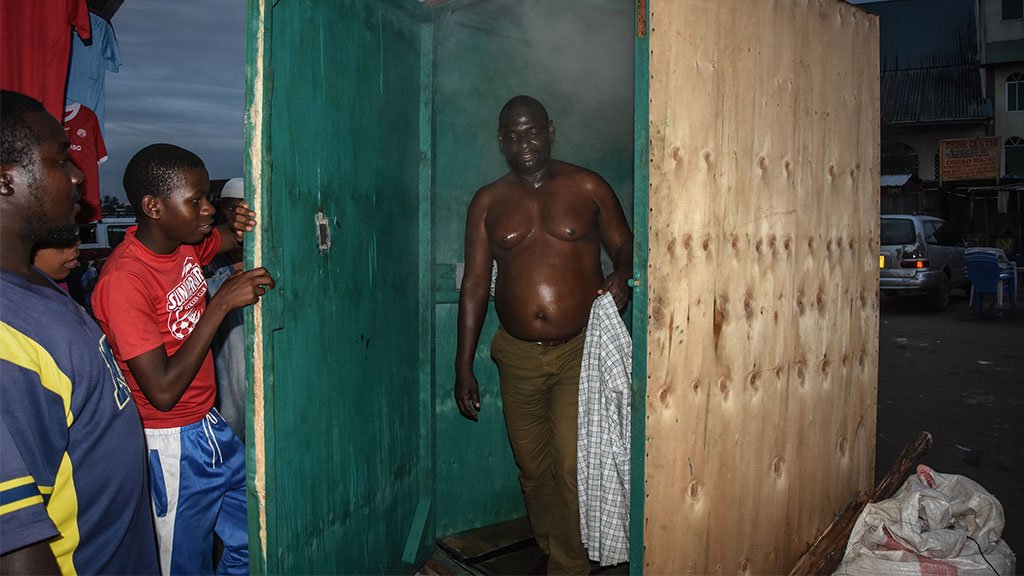The man who declared victory over coronavirus
Published on October 22, 2020 at 1:46 PM by FACE OF MALAWI
When Covid-19 arrived in Tanzania, President John Magufuli didn’t believe in people staying at home. He wanted them to get into the churches and mosques to pray.
“Coronavirus, which is a devil, cannot survive in the body of Christ… It will burn instantly,” Magufuli, a devout Christian, pronounced on 22 March from the altar of a church in Tanzania’s capital, Dodoma.
He would later speak against social distancing and the wearing of masks, and questioned the efficacy of testing after sending various animals and fruit to be checked for the virus – he announced that a papaya, a quail and a goat had all tested positive. The president said he could not countenance closing down the economy, and excoriated neighbouring countries for doing so.
Although many might dismiss Magufuli’s approach as eccentric, it is emblematic of his combative style.
 image captionMagufuli has also advocated traditional medicine such as steam inhalation in the fight against coronavirus
image captionMagufuli has also advocated traditional medicine such as steam inhalation in the fight against coronavirusWhen John Magufuli was declared president on his 56th birthday in October 2015, he seemed to be the sort of person Tanzania needed — an efficient, incorruptible president. His results-oriented actions were also framed as applicable to other African countries – a dose of what the continent needed to deal with its governance issues.
On the very first day of his presidency, he sent a stark message that he would not tolerate the country’s chronic absenteeism in its civil service, when he visited the finance ministry offices asking for the whereabouts of those not at work.
He also purged thousands of so-called “ghost workers” – essentially non-existent employees – from the public payroll, and fired officials considered corrupt or under-performing, in public. Sometimes this was even done live on television.
And he clamped down on what he saw as extravagant spending, cancelling Independence Day celebrations for the first time in 54 years. Instead, he ordered a public clean-up, getting his own hands dirty by picking up rubbish outside State House.
In the first year of Magufuli’s presidency, this approach earned him a great deal of praise, inspiring the Twitter hashtag: #WhatWouldMagufuliDo. While some posts mocked the president’s austere policies – for example: “Was about to buy myself an oven then I asked myself #WhatWouldMagufuliDo” with a photo of a saucepan suspended over candles – others called for more African leaders to emulate his leadership style. In 2017, a Kenyan professor went so far as to call for the “Magufulication” of Africa during an address at the University of Dar es Salaam.
But from the outset, it was also clear there was a darker side to his leadership – that a number of his initiatives would slowly chip away at the country’s democratic space.


